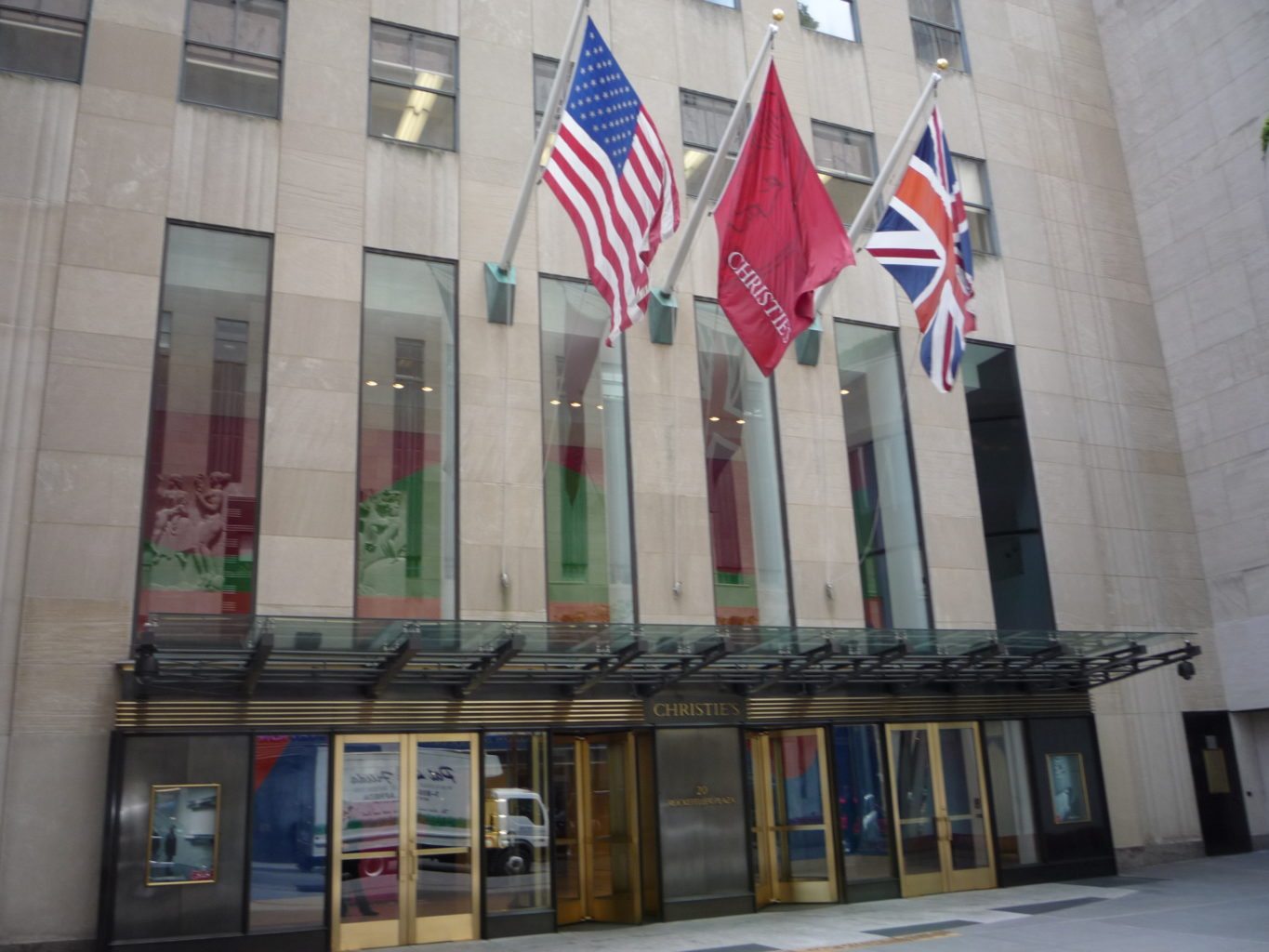The money of art
Recent intern at Christies, Enah Baylow, talks to Mark Barac about careers in the arts industry and the business of art.
BM: When did you decide that you wanted to work in arts sector?
EB: My passion for the arts was a rebellious passion: if it was up to my parents I would probably be doing economics or computer science. Art is something that has always been a passion of mine since a young age: art is the perfect place to hone your existing skills and develop new ones as well as express yourself. And as I get older I realise and my parents have realised that there is a business to art too.
BM: And where does business fit exactly in the art business?
EB: The careers related to art are endless. One can work as an art connoisseur, an art broker, a painter etc. My work experience at Christies exhibited that art businesses really do rely on a fusion of arts and business.
BM: Would you say today’s arts world is very much business focused or would you say it still retains its artistic origins and is untainted by money?
EB: I believe that in third world countries and underdeveloped regions in the world art retains its non-monetary motivated origins. The purpose of art in the developing world transcends the individual and does not fulfil a specific external purpose. In the developing world art is just something a human does through nature and is beyond utility. However, in the West and in China art is a lot more business focused: take artists such as Jeff Koons, Damien Hirst and Ai Weiwei for example. For them the concept of money outweighs the artistic motive.
BM: And going on from that question, would you say your personal motives for getting in art were money orientated?
EB: Obviously when thinking of a career your financial welfare is very important. Money is an enabler and strong finances enable you to pursue interests of your own. But I am not in art for the money: I love art as it is all about working with people, for example most the photos I take are with friends or acquaintances. Freedom of creativity for me always comes above finances: that said if I create a good piece of art I don’t mind getting a good fee for it!
BM: Has your volunteering or retail work helped you with your applications?
EB: The volunteering work on my CV has helped me a lot more than my retail work: I have volunteered in places like the Birmingham Museums and Art Gallery, The Herbert Gallery in Coventry and the Mead Gallery right here on campus. Warwick University is great as it is close to so many good galleries; experience is not too hard to obtain. Volunteering is good as it shows you are in the arts for the experience rather than the money. During my volunteering I developed a lot as a person, I developed the tenacity for success as well as a drive to succeed. I still volunteer to this day after doing numerous internships: you can never volunteer too much.
BM: What would you say is the best work experience you have had?
EB: The best experience I have had has to be at Christie’s in London: it is a billion dollar company and the opportunities within the business are endless. The company also has a very international focus and they gave me the opportunity to network and liaise with Christie’s branches round the world. During my time there I helped curate an auction exhibition for the September the sales season. The sales season there is crazy: when I worked there on the opening day of their South Kensington branch the total amount of sales came up to £2,576,312.
BM: How did you actually go about acquiring your experience at Christie’s?
EB: I filled out an online application around February: I had plans for summer but I put them on hold for Christie’s. My interview was around May: what really helped with my application was my previous gallery experience. It was not just the fact I worked at the gallery that helped me; what really helped me was the contacts I acquired whilst working at the gallery.
BM: How has your work experience developed you as a person?
EB: Work experience developed my aspirations a lot: it made me realise I want to be either an art broker or connoisseur.
BM: What was the biggest hurdle to overcome in pursuing your artistic dreams?
EB: My parents initially found it hard to accept my career path: however I have to thank them as once they realised that art was my beckoning they really supported me a lot. Their support for me grows every day and I am forever grateful for it.
BM: And now that you know art is calling, what are your plans for the future?
EB: My first plan is to get a good grade out of university. Doing well at university is a must for me, as I am hopefully doing a masters in Fine Art. After that I want to move to a arts centre in New York or Berlin and pursue a career as an art broker with a firm. In terms of what firm I want to work for I am very open minded, as long as I suit the culture of the firm and the culture of the firm appeals to me.
BM: And finally, what one piece of advice would you give to other young connoisseurs of art starting out?
EB: Get out the house, experience life and art for real. It is imperative to connoisseurship to see art in real life as it cannot be fully appreciated through a computer screen. Volunteer in a lot of museums and galleries too. Immerse yourselves in art!

Comments